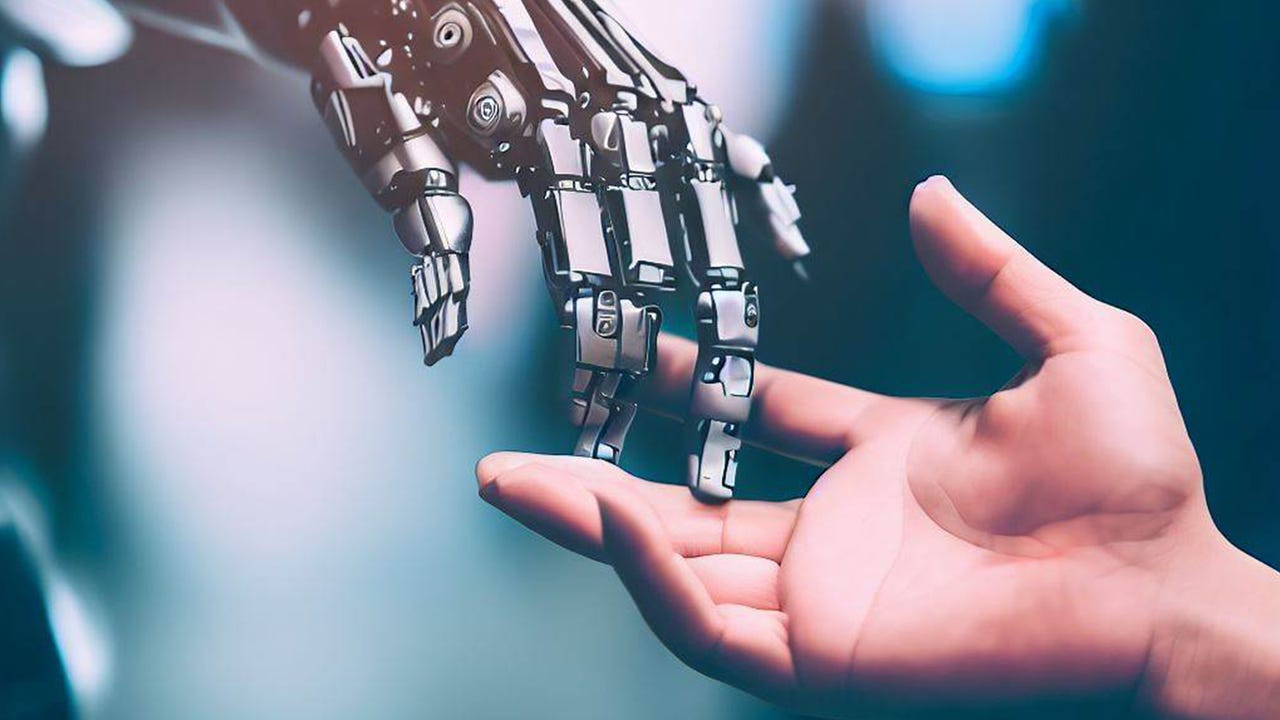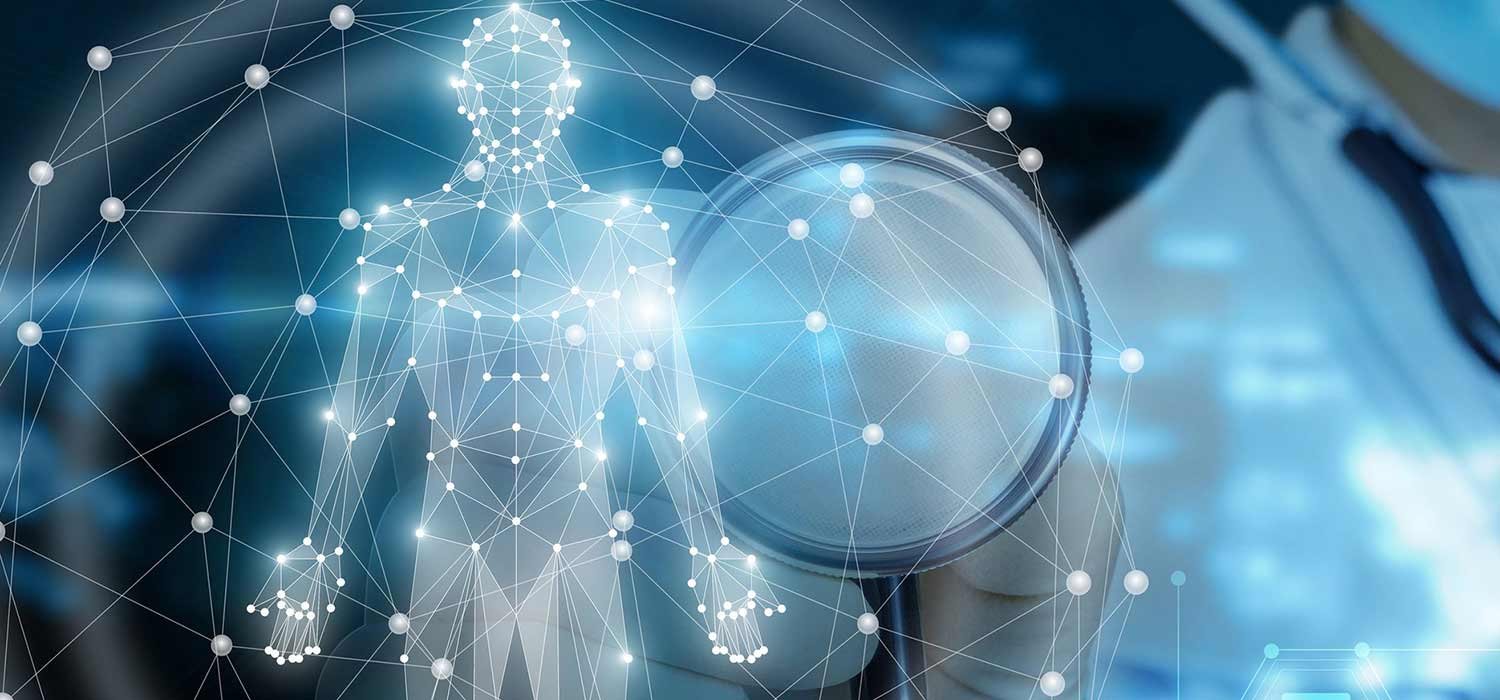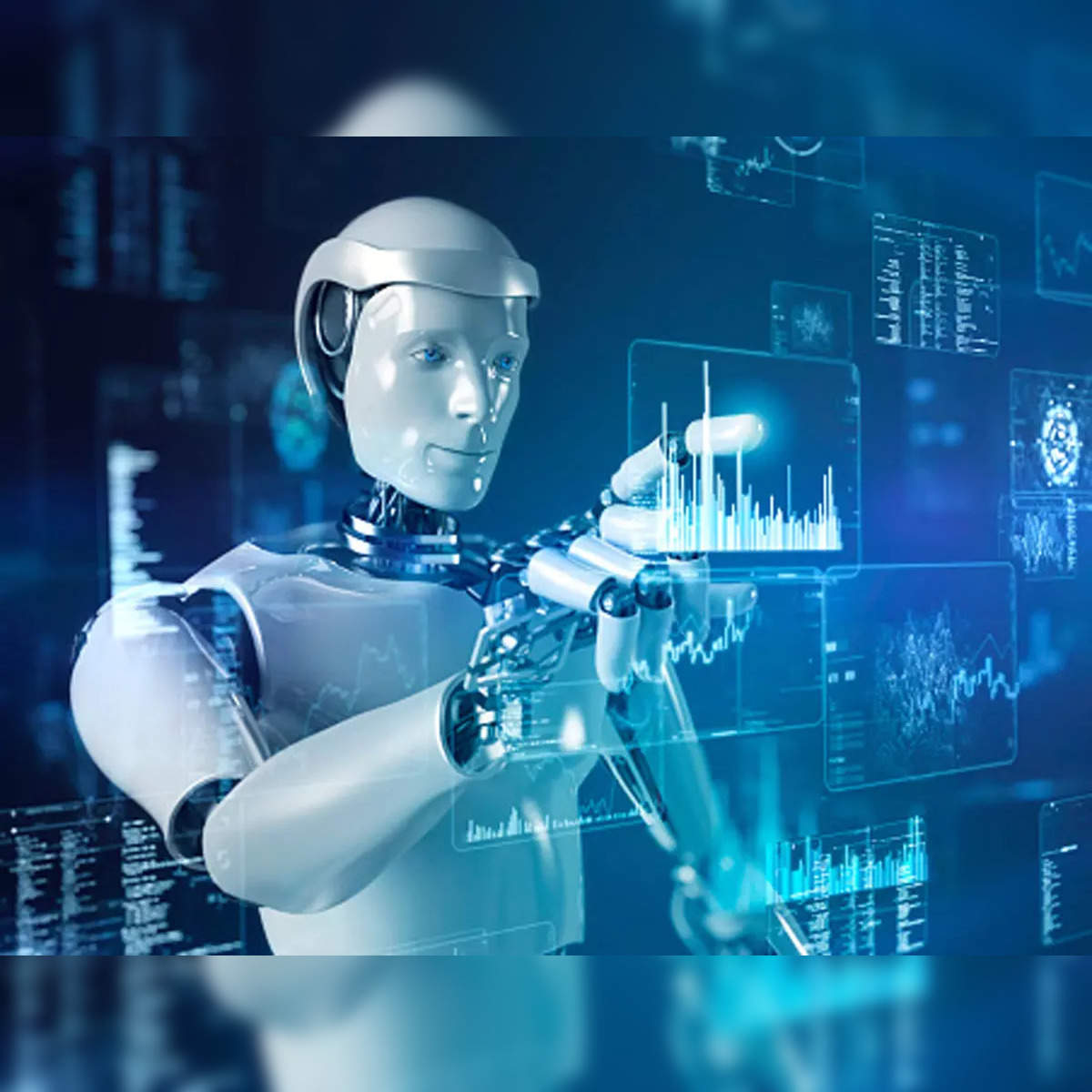Opening Imagination: Looking Into the Leading Generative AI Company
From Data to Creative Thinking: Checking Out the Influence of Generative AI in the Field of Artificial Knowledge
Expert system (AI) has actually reinvented many markets, from health care to finance, by leveraging data-driven algorithms to uncover valuable understandings. The potential of AI goes much past simple data evaluation. With the introduction of generative AI, a new era is arising, one that checks out the crossway of data and creative thinking. This interesting advancement holds extensive effects for the field of expert system, as it guarantees to transform not just exactly how we understand and make use of data, but additionally exactly how we approach the imaginative process. By taking advantage of the power of generative AI, we can unlock the ability for makers to generate initial and imaginative content. In this conversation, we will look into the effect of generative AI in the realm of expert system, examining its potential to change innovative industries, assist in human-computer collaboration, and elevate essential moral considerations. Join us as we discover the fascinating trip from data to imagination, and uncover the profound influence generative AI could carry the future of man-made knowledge.
The Rise of Generative AI
Generative AI has emerged as an innovative area in expert system, transforming the method equipments generate new material and connect with the globe. Recently, there has been a significant increase in the appeal and application of generative AI strategies. These strategies enable machines to autonomously create distinct and new content, such as images, music, and text, without explicit human input.
One of the key factors contributing to the rise of generative AI is the availability of diverse and large datasets. With the introduction of the internet and the proliferation of digital content, large amounts of information are currently accessible to AI systems. This wealth of information supplies the necessary resources for training generative AI models, allowing them to learn and imitate human creativity.

In addition, the increased computational power and the accessibility of specialized equipment, such as visual handling units (GPUs), have played a crucial role in the increase of generative AI. These improvements have actually encouraged AI systems to procedure and analyze large amounts of information, allowing them to create content quickly and effectively.
Transforming Creative Industries
The growing capacities of generative AI, fueled by innovations in deep understanding formulas and computational power, have actually led to a transformative effect on imaginative industries. This modern technology has actually changed the means imaginative specialists function, opening brand-new possibilities and pressing the limits of human creativity.
Generative AI has allowed artists to explore new worlds of creative thinking by supplying them devices that can create distinct and novel content. For instance, in the area of visual arts, generative AI algorithms can evaluate existing art work and generate new items based upon the design and characteristics of the input. This not only saves time but likewise expands the creative opportunities, permitting musicians to trying out different designs and methods.
In the music industry, generative AI has additionally had a considerable impact. It can make up new melodies and harmonies, developing music that was formerly unbelievable. This technology can also simulate the style of popular musicians, allowing the creation of brand-new songs that seem like they were composed by musicians who have actually long died.
In addition, generative AI has discovered applications in various other creative fields, such as style and layout. It can generate new apparel designs, interior formats, and building concepts, giving designers with a riches of motivation and increasing the creative process.
Nevertheless, while generative AI supplies exciting possibilities, it also raises honest inquiries and obstacles traditional concepts of authorship and imagination. As this modern technology remains to create, it is vital to strike a balance between human imagination and the capacities of AI, ensuring that the final output mirrors the intentions and artistic vision of the human developer.
Enhancing Human-Computer Partnership
Partnership between computers and people is being enhanced through the integration of generative AI, resulting in a new era of creative possibilities. With the advancements in expert system, people are now able to work closely with computer systems to attain end results that were formerly unthinkable. Generative AI, a subset of AI that concentrates on producing new content, has changed the means people and computers collaborate.
Generative AI enables computer systems to create web content, such as photos, music, and text, based upon examples and patterns provided by human beings. This cooperation enables humans to leverage the computational power of AI systems to boost their innovative processes. Artists can make use of generative AI to generate brand-new visual concepts or check out various styles, while musicians can develop special compositions by teaming up with AI-generated melodies.
In addition, generative AI can help in jobs that need huge quantities of data handling, such as data evaluation and pattern recognition - generative ai company. By incorporating AI systems right into the partnership procedure, humans can leverage the computational capacities of AI to examine complicated datasets and essence meaningful insights
However, to make sure successful partnership in between humans and computer systems, it is crucial to develop a clear understanding of the duties and duties pop over to these guys of each event. People must offer the essential guidance and proficiency, while AI systems can aid in the imaginative process by producing alternatives and opportunities. This collaboration in between people and computer systems opens up new opportunities for technology and creativity, pressing the boundaries of what is possible in different areas.
Moral Implications of Generative AI
As we look into the honest ramifications of generative AI, it emerges that this groundbreaking technology increases substantial problems and factors to consider. Generative AI systems have the ability to create, generate, and resemble human-like content, such as images, video clips, and message. While this has actually opened brand-new opportunities and possibilities in numerous areas, it has actually also triggered conversations concerning the possible abuse and honest problems related to such innovation.
Among the main worries is the capacity for deepfakes, which are controlled or fabricated media that can deceive and deceive people. With generative AI, it comes to be less complicated for malicious stars to develop convincing deepfakes, resulting in misinformation, reputational damages, and also political control. This positions a threat to the depend on we put in digital media and can have far-ranging repercussions for cultures and individuals.
Another moral factor to consider revolves around the concern of copyright. Generative AI systems can create original material that may infringe upon copyright regulations or question about possession and attribution. Identifying the civil liberties and obligations in such scenarios ends up being a complex job, specifically when AI-generated web content is identical from human-created web content.
In addition, generative AI has the prospective to bolster and enhance existing prejudices and discrimination present in the training data. If the data made use of to train these systems has biased details, the generated web content may show and bolster those predispositions, leading to inequitable or unreasonable outcomes.
In enhancement to these concerns, there is likewise a demand to consider the effect of generative AI on personal privacy, consent, and safety. AI systems can gather, assess, and make use of vast amounts of personal data, causing possible violations of personal privacy and concerns about information defense. The permission of individuals whose data is used to train and improve these systems must be carefully dealt with to make certain moral methods.

Future Potential Customers and Obstacles
The potential applications of generative AI are vast and varied. Additionally, generative AI has the potential to enhance human-computer interaction by creating more receptive and smart digital aides and chatbots.

One more obstacle is the need for even more innovative algorithms and computational power to enhance the top quality and efficiency of generative AI systems. The current restrictions in training time and computational sources prevent the widespread adoption of generative AI in real-world applications.
Final Thought
To conclude, the rise of generative AI has dramatically impacted the field of expert system. It has transformed innovative markets by making it possible for the generation of unique and innovative material. Furthermore, generative AI has actually boosted human-computer partnership, enabling more effective and effective analytical. Nevertheless, honest effects bordering generative AI has to be thoroughly thought about and attended to. Looking ahead, future potential this contact form customers and difficulties depend on additional checking out the capacity of generative AI and finding a balance in between creative thinking and moral factors to consider.
Generative view website AI has actually arised as an innovative area in fabricated intelligence, changing the method equipments generate brand-new web content and communicate with the globe. generative ai company.Generative AI has actually enabled musicians to discover new worlds of creativity by supplying them tools that can produce novel and special content. Generative AI, a part of AI that concentrates on producing new material, has changed the method human beings and computers team up
Generative AI systems have the capability to create, produce, and mimic human-like web content, such as images, video clips, and text. Generative AI systems can produce initial content that might infringe upon copyright laws or elevate questions concerning ownership and acknowledgment.